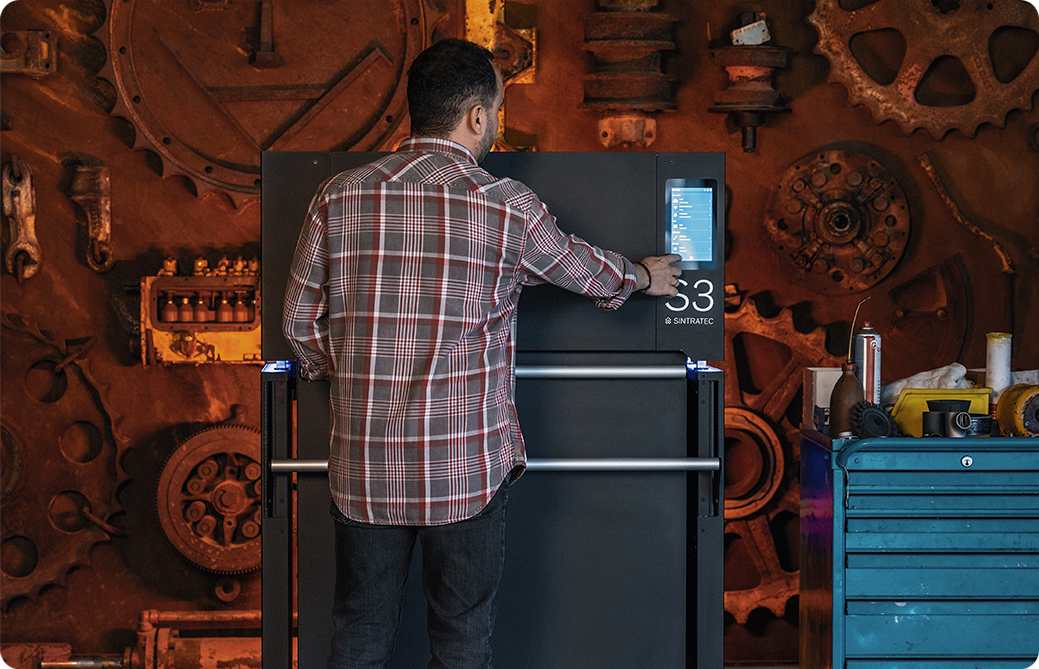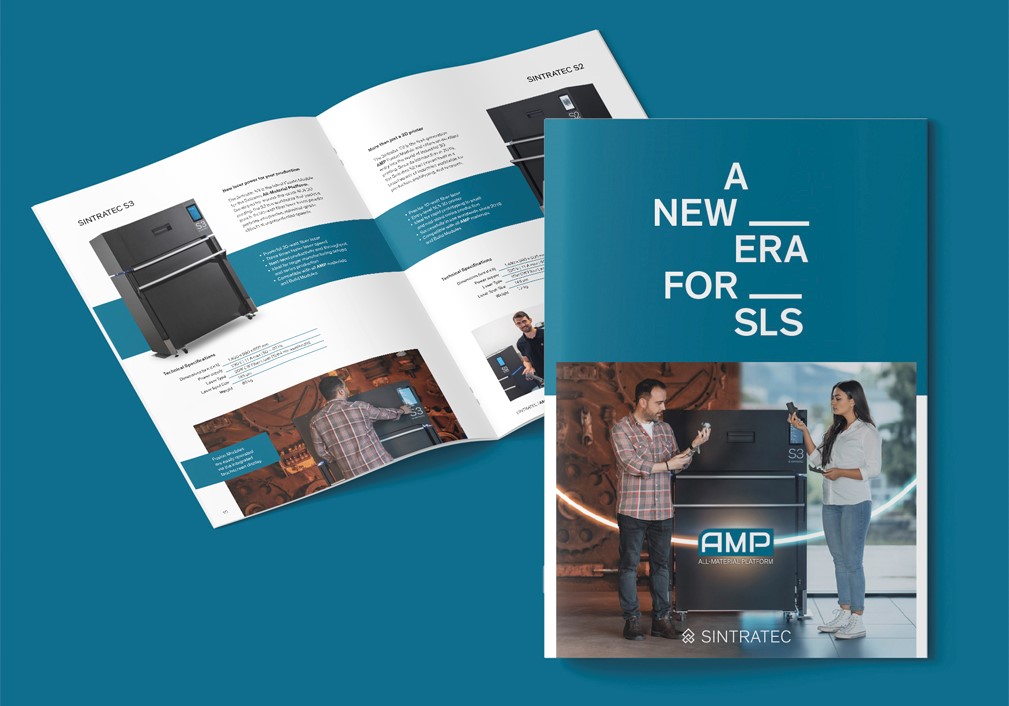Charging the Future: Battery Innovation with SLS
Battery Systems from Poland
With the capacity to produce over 3.5 million lithium-ion batteries per year, Johnson Matthey Battery Systems is a European leader in bespoke advanced battery systems. Located in the Katowice Special Economic Zone in Gliwice, Poland, the company has been at the forefront of battery development for over 20 years. The products find application in various industries, from e-bikes and power tools to healthcare and industrial cleaning equipment. What sets the company apart is their holistic approach to battery systems, from design to manufacturing, and ongoing support throughout the product’s life cycle.
Innovating with SLS 3D printing
Optimizing efficiency and throughput
Instead of relying on external suppliers, the Johnson Matthey Battery Systems engineers rapidly 3D print and verify adapters, jigs and machine components in-house using PA12 nylon. Szafrański explains how the S2 has helped the team streamline its production process: «Another advantage of the printer is its ability to increase efficiency with a relatively small financial investment. Instead of an entire system, we have added an additional material unit and the performance almost doubled. While one build module is printing, you can sieve the powder and prepare the next batch of components with the other.» In the company’s quest for continuous improvement, the modularity and scalability of the Sintratec All-Material Platform have proven to be particularly valuable.
Advancing the energy sector
“Thanks to the Sintratec S2, we have the ability to manufacture mechanically resistant spare parts, as well as highly complex prototypes for our battery systems.”
Jakub Szafrański
Test & Validation Team Leader
Johnson Matthey Battery Systems Sp. z o.o.
Need consulting?
Our team is happy to advise you and to begin your journey into the world of SLS. Contact us right away!














